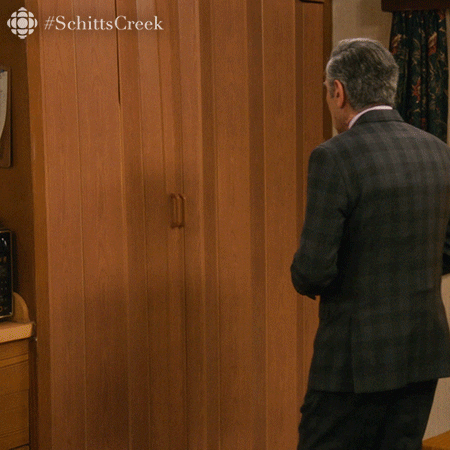Jopetzki
Banned
- MBTI
- INFJ
The INFJ personality is one of emotional distress and typically volatile relationships. Remember that I am not diagnosing anyone in this thread - only speculating about what could be happening within a personality like this. I will analyze the personality pathology, and offer my insights on the typical problems INFJs and those closest to them face. I will also touch on potential cures.
I will start by analyzing the Big Five personality traits of the INFJ personality, which I remember through the acronym OCEAN: Openness to experience, conscientiousness extroversion, agreeableness, and neuroticism. Right off the bat, we can see a high openness to experience: INFJs are intellectually curious, liberal, and feel emotions strongly. In conscientiousness, they are typically very low or low, and don't get much done with stride in the material world. INFJs are typically very low in extroversion, as we can see that they are shy and reticent, and tend to feel very much or solely negative emotions. INFJs are people of high agreeableness, and we can see behaviors like conflict-aversion and altruism, which is why they are often seen as weak doormats by many less agreeable personalities. INFJs score extremely high in neuroticism, and they experience anger and anxiety exceptionally strongly, although it is often suppressed in fear of bothering others. We can see how such a personality would have massive difficulties operating in almost any environment.
I will now move on to the problems the INFJ and their loved ones often face. INFJs are not very forthcoming or open about their feelings and thoughts, and their loved ones often face the problem of the INFJ being passive-aggressive, and even after being confronted about it, they will not be emotionally ready to openly discuss what made them angry. They are scared of bothering their loved ones, as they see themselves as unworthy, and they believe they will be abandoned if they behave in an openly critical manner. This leaves the INFJ drained, and resentful towards the loved ones for them not having understood the INFJ's wants and needs. The INFJ is usually behind a facade even with those closest to them, although this is rarely done with any narcissistic intent. They are simply scared of being judged. Many INFJs are suicidal, and it is a terrible shame how often people don't see it in their eyes.
It could be theorized, that the personality is actually just another way of referring to borderline personality disorder, much how ENTP is possibly a shorthand for antisocial personality disorder. This is why it might be good if an INFJ tried mood stabilizers and cognitive-behavioral therapy. However, with MBTI being a pseudoscience, it is difficult to direct any cures to the INFJ personality pathology.
I hope you enjoyed reading. Please put any thoughts down below, as they always generate an interesting dialogue.
I will start by analyzing the Big Five personality traits of the INFJ personality, which I remember through the acronym OCEAN: Openness to experience, conscientiousness extroversion, agreeableness, and neuroticism. Right off the bat, we can see a high openness to experience: INFJs are intellectually curious, liberal, and feel emotions strongly. In conscientiousness, they are typically very low or low, and don't get much done with stride in the material world. INFJs are typically very low in extroversion, as we can see that they are shy and reticent, and tend to feel very much or solely negative emotions. INFJs are people of high agreeableness, and we can see behaviors like conflict-aversion and altruism, which is why they are often seen as weak doormats by many less agreeable personalities. INFJs score extremely high in neuroticism, and they experience anger and anxiety exceptionally strongly, although it is often suppressed in fear of bothering others. We can see how such a personality would have massive difficulties operating in almost any environment.
I will now move on to the problems the INFJ and their loved ones often face. INFJs are not very forthcoming or open about their feelings and thoughts, and their loved ones often face the problem of the INFJ being passive-aggressive, and even after being confronted about it, they will not be emotionally ready to openly discuss what made them angry. They are scared of bothering their loved ones, as they see themselves as unworthy, and they believe they will be abandoned if they behave in an openly critical manner. This leaves the INFJ drained, and resentful towards the loved ones for them not having understood the INFJ's wants and needs. The INFJ is usually behind a facade even with those closest to them, although this is rarely done with any narcissistic intent. They are simply scared of being judged. Many INFJs are suicidal, and it is a terrible shame how often people don't see it in their eyes.
It could be theorized, that the personality is actually just another way of referring to borderline personality disorder, much how ENTP is possibly a shorthand for antisocial personality disorder. This is why it might be good if an INFJ tried mood stabilizers and cognitive-behavioral therapy. However, with MBTI being a pseudoscience, it is difficult to direct any cures to the INFJ personality pathology.
I hope you enjoyed reading. Please put any thoughts down below, as they always generate an interesting dialogue.
Last edited:





